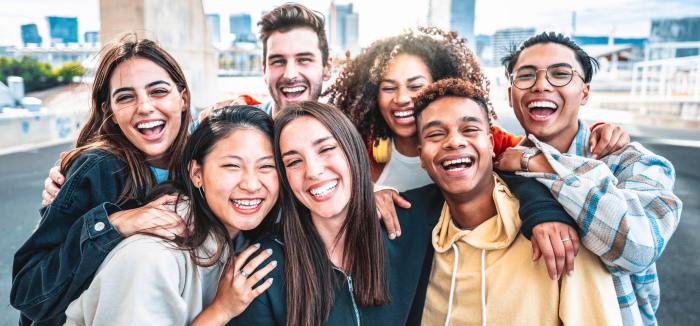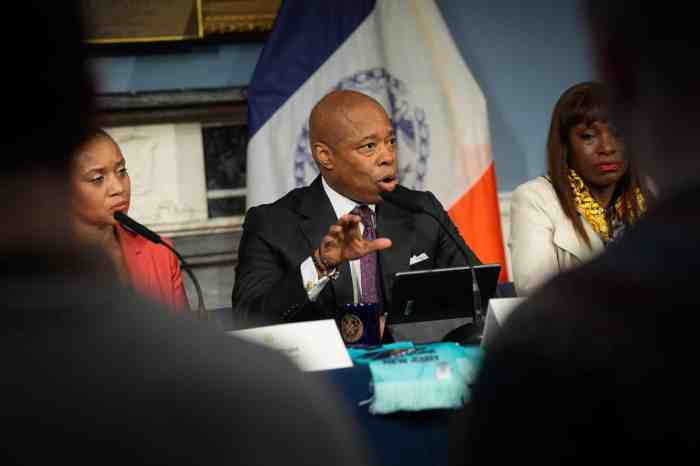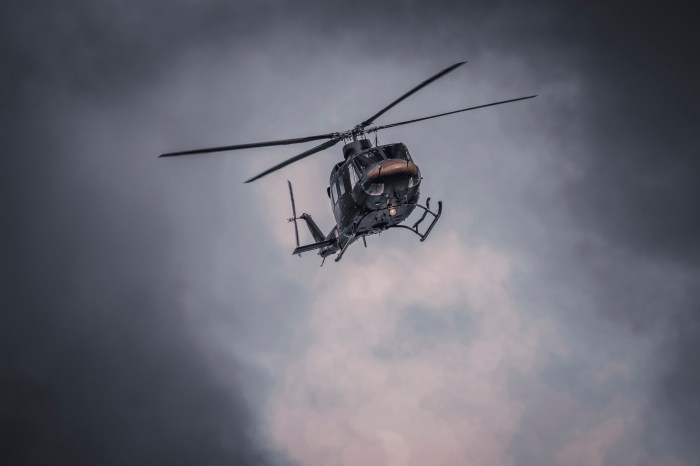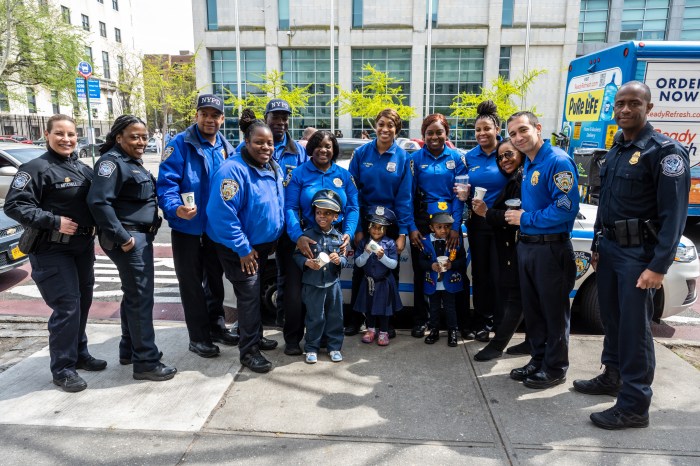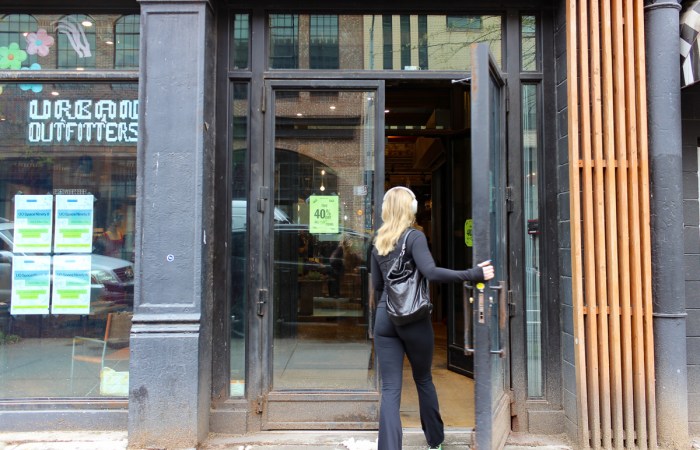
Iris Baez stood at 1 Police Plaza recently with the widow of John Collado, an unarmed Latino from Inwood who was shot and killed by an undercover cop in 2011.
Baez, whose son Anthony died in 1994 after a cop choked him, has marched against police brutality for more than two decades. Chanting alongside Collado’s family, Baez reminded me of the role of Latinos in the anti-police brutality movement.
To some extent, that role hasn’t always been clear. While black New Yorkers often lead policing protests, Latinos seemingly play more of a supporting part. There aren’t that many headline-grabbing Latino names at demonstrations. And while the black community has come out in organized force all the way from the civil rights movement through the Black Lives Matter movement today, Latino faces and voices are sprinkled in but perhaps haven’t stamped policing as a Latino issue.
Baez says Latinos need to come out more. A few things might explain the reluctance of some. Many are in the United States illegally and weary of protesting. In NYC, which collaborates with immigration officials at some level, thousands of immigrants have been deported after local law enforcement turned them over to federal authorities.
Also, Latinos might see the police here as a marked improvement from the often-abusive police and military forces in their home countries. Amarilis Collado, who came to NYC from the Dominican Republic in 2003, said she thought the United States would offer the safety and rule of law her country lacked. She says the nightmare she’s lived since her husband was killed is a wake-up call. She sees families who’ve had to face police violence band together. Mexican street vendors and a pregnant Colombian woman spoke out last year after cops in Sunset Park brutally arrested them.
Do Latinos play important roles? While the focus often may be on black lives, Latinas like Iris Baez matter. Margarita Rosario, whose son Anthony and nephew Hilton Vega were fatally shot in the back by the NYPD in 1995, matters. A large swath of Puerto Ricans in NYC, whose lives run parallel to blacks — policed in the same neighborhoods and schools — matter, too.
Latinas are on the front lines. Just ask for Iris Baez.
Josmar Trujillo is a trainer, writer and activist with the Coalition to End Broken Windows.











